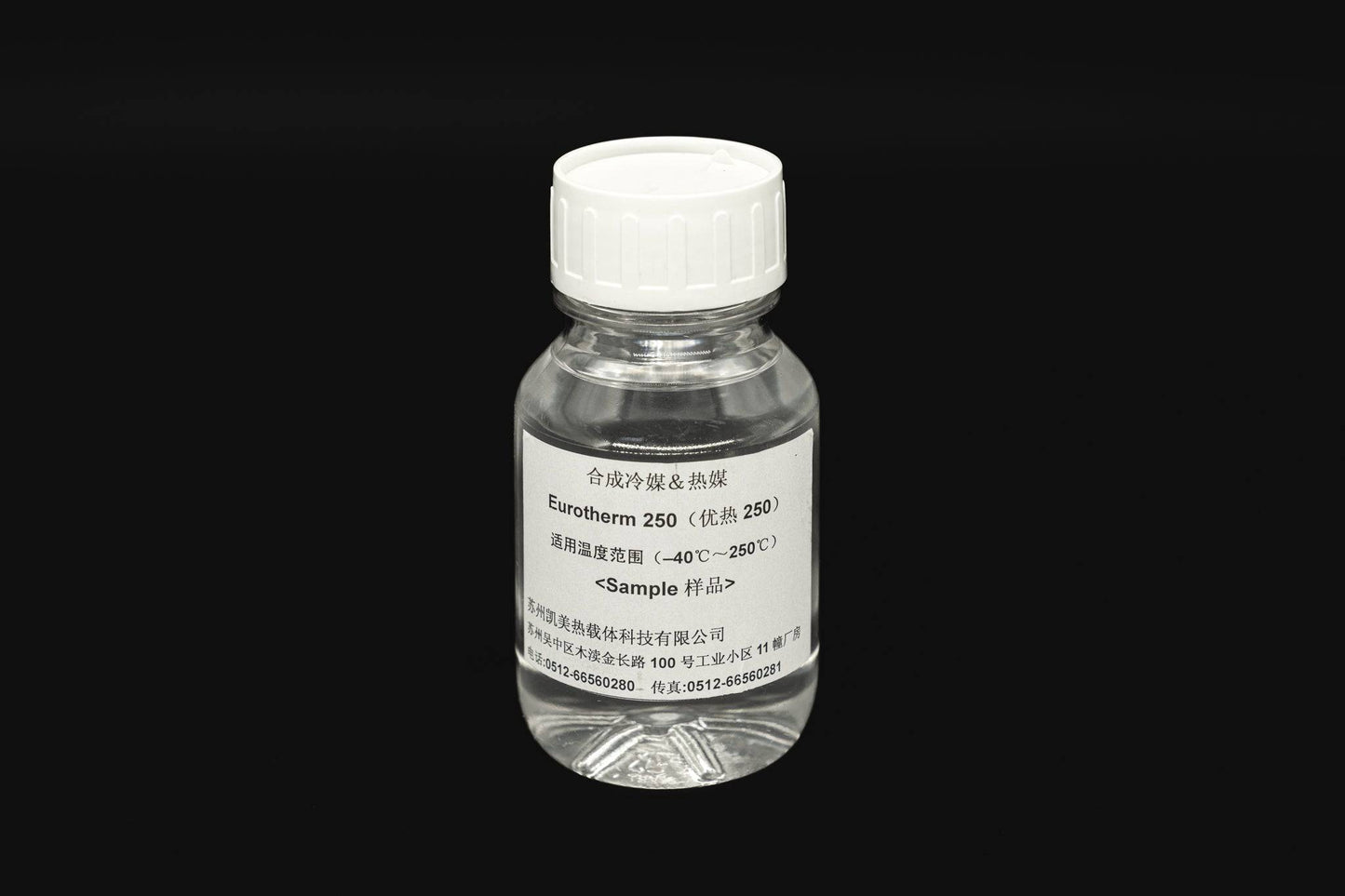A Comprehensive Guide to Heat Transfer Fluid for Solar Thermal Solutions
A Comprehensive Guide to Heat Transfer Fluid for Solar Thermal Solutions
Blog Article
The Function of Heat Transfer Fluid in Enhancing System Efficiency and Safety
In the ever-evolving landscape of commercial processes, heat transfer liquids (HTFs) emerge as pivotal parts in enhancing both system performance and safety and security. These specialized liquids, known for their remarkable thermal conductivity and regulated viscosity, allow effective heat exchange, which is essential for structured procedures.
Understanding Heat Transfer Fluids
Warm transfer liquids, frequently taken into consideration the lifeblood of thermal administration systems, play a crucial function in managing temperature across numerous industrial applications - heat transfer fluid. Industries such as chemical processing, power generation, and production rely on warm transfer liquids to ensure devices runs successfully and safely.
The option of an appropriate heat transfer fluid is vital to the success of a thermal administration system. In recap, a thorough understanding of warmth transfer liquids is essential for maximizing system efficiency, ensuring operational security, and accomplishing affordable thermal administration services.
Key Quality of HTFs

The particular warm capacity of an HTF defines the amount of warm power required to transform its temperature level, influencing exactly how efficiently the system can react to temperature variants. The boiling and freezing points of HTFs additionally play an essential function, specifically in systems exposed to severe temperature levels, guaranteeing liquid stability and protecting against stage changes throughout procedure.
Enhancing System Performance
To improve system performance with heat transfer fluids (HTFs), it is important to integrate a comprehensive technique that takes into consideration both fluid residential or commercial properties and system layout. The selection of a suitable HTF is essential, as its thermal conductivity, viscosity, and specific warm capability straight influence the performance of warm exchange. High thermal conductivity guarantees fast heat transfer, while ideal viscosity promotes smooth circulation with the system, decreasing power usage. Additionally, a high specific warmth capacity allows the liquid to store and move even more thermal power, boosting overall system efficiency.
Equally essential is the style of the warm transfer system itself. Engineers must make certain that elements such as heat exchangers, pumps, and piping are developed to match the homes of the chosen HTF. The surface area and product of warm exchangers need to be optimized to optimize warmth transfer efficiency. heat transfer fluid. The assimilation of sophisticated technologies, such as variable rate pumps and clever surveillance systems, can dramatically boost the responsiveness and adaptability of the system to changing operational problems.
Boosting Operational Safety
Guaranteeing functional linked here safety and security in warmth transfer systems calls for a meticulous focus on both the residential properties of warm transfer liquids (HTFs) and the style and maintenance of the entire system. HTFs need to have thermal stability, low flammability, and suitable viscosity to lessen dangers such as leaks, fires, and system malfunctions. Selecting the best HTF is important as it figures out the system's capability to manage temperature changes without jeopardizing security.
The style of the system must integrate redundancies and fail-safes to handle potential hazards successfully. This consists of the combination of security valves, stress alleviation gadgets, and temperature monitoring systems to detect and resolve abnormalities without delay. Routine maintenance is imperative to make certain that all elements, including pumps, pipes, and seals, are functioning appropriately and are devoid of wear or corrosion, which might lead to dangerous leaks or failings.
Moreover, personnel in charge of the procedure and maintenance of heat transfer systems must be adequately learnt security protocols and emergency situation reaction procedures. Regular training programs and safety and security drills can significantly lower the probability of mishaps, making certain a much safer working environment. Ultimately, a comprehensive method to security-- incorporating fluid choice, system layout, and workforce training-- is essential for optimal functional safety and security.
Market Applications of HTFs
Widely utilized throughout numerous fields, warmth transfer fluids (HTFs) click here now play a vital duty in boosting the efficiency and integrity of thermal administration systems. In the chemical market, HTFs are important heat transfer fluid for preserving specific temperature levels during reactions, guaranteeing product uniformity and high quality. They promote warmth exchange procedures in reactors, condensers, and heat exchangers, thus enhancing energy usage and decreasing waste.
In the oil and gas sector, HTFs are employed in both upstream and downstream operations. They manage temperature in drilling operations and improve efficiency in refining processes by providing stable thermal conditions. This results in reduced downtime and enhanced safety, particularly in vital operations such as distillation and breaking.
The sustainable energy industry likewise benefits considerably from HTFs, especially in concentrated solar power (CSP) plants. Here, HTFs transfer captured solar energy to power turbines, enabling efficient electricity generation. The pharmaceutical industry depends on HTFs for accurate temperature control in both synthesis and storage, guaranteeing product efficiency and safety and security.


Furthermore, the food and beverage field makes use of HTFs for pasteurization, sanitation, and cooking procedures, improving both product safety and production efficiency. Throughout these sectors, HTFs offer as important components in keeping ideal operational performance and safety and security.
Final Thought
Warmth transfer fluids are essential in enhancing industrial system performance and safety and security by providing high thermal conductivity, ideal viscosity, and thermal stability. Correct option and upkeep of HTFs improve warmth exchange effectiveness, thereby improving functional performance.
Report this page